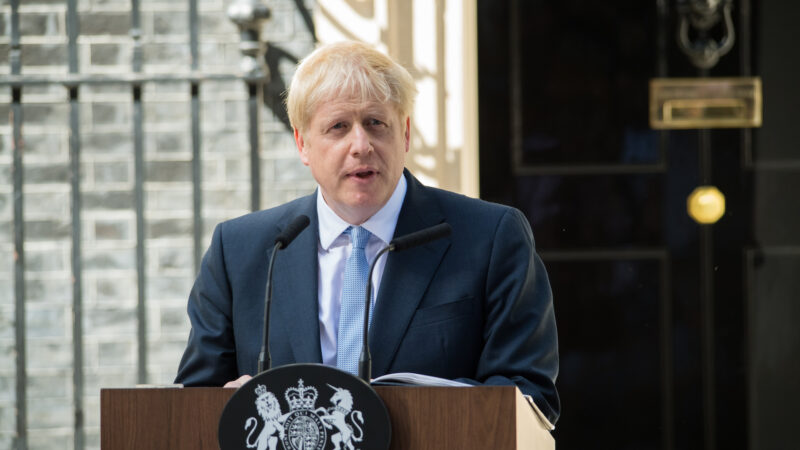
As parliamentary summer recess ends, MPs return to Westminster – and LabourList returns to your inbox every weekday morning. Top of the agenda at the start of this very busy week is social care: how to pay for it, how to fix it. As we all know, Boris Johnson declared on the steps of Downing Street in July 2019 that as Prime Minister he would deliver on “a clear plan we have prepared” to “fix the crisis in social care once and for all”. More than two years later, a plan of sorts is emerging – one that breaks a Tory manifesto promise. Using coronavirus as an excuse to break manifesto pledges has its limits: there is already strong opposition to the key proposal that a National Insurance increase should pay for reforms.
Labour will be pleased that politics as normal is back, with voters perhaps less likely to cut the government some slack as non-Covid news items gain prominence. But the leadership is coming under pressure in interviews to endorse an alternative to the National Insurance hike, which it is reluctant to do (why be attacked for your own idea and allow everyone to be distracted from the Tory internal battle, especially when the other side are actually in charge?). Labour’s line on the NI rise has become clearer, however, with Keir Starmer using a Mirror interview to upgrade it from “scepticism” (see Lisa Nandy on the Sunday shows) to outright opposition.
The TUC has called for a wealth tax to fund a new deal for social care, specifically increasing capital gains tax to the same level as income tax. Labour has not made the same demand but said the “broad principle” of this demand is “absolutely right”. Liz Kendall, the shadow minister for social care, told the BBC this morning that it is “essential” to stop people “seeing their entire life savings wiped out” to pay for social care. Mainly, though, she criticised the government plan for doing nothing to help care receivers stay at home and doing nothing for disabled working age people, with a cap on care costs benefiting just a fraction of those who use social care.
The Westminster row that has been sparked is over one reform, not over a ‘plan to fix the social care crisis’. This is yet more evidence that Johnson was lying in 2019. But the focus on how reforms will be funded, rather than the reforms themselves, has also encouraged a broad coalition to assemble in opposition to the government. Because there is very little detail on what the government’s preferred social care reforms are more broadly or what they aim to achieve, nobody is quite sure how the proposals could benefit them and their constituents – only what the cost will be. Even cabinet ministers are briefing their concerns about hitting low-paid workers (as well as employers) hardest of all.
We are expecting the social care announcement to be made on Tuesday, when Rishi Sunak will also break another manifesto promise by ditching the pensions triple lock. The elections bill – the one legislating for compulsory voter ID – will have its second reading in the Commons. On Wednesday, Labour is set to force a vote on the upcoming Universal Credit cut. A cabinet reshuffle is rumoured to be taking place later in the week. Meanwhile, from today we will see the end of virtual participation and proxy voting for Covid reasons in the House of Commons, just as millions of children return to school in England and Wales. Fingers crossed the progress to an era not dominated by coronavirus can hold.
Sign up to LabourList’s morning email for everything Labour, every weekday morning.



More from LabourList
‘The Sherriff of Wild Westminster: what must change in elections bill’
‘The hope that kills you’: Reflections from the final day in Gorton and Denton
MPs, union leaders and organisations react to ‘bruising’ Gorton and Denton result